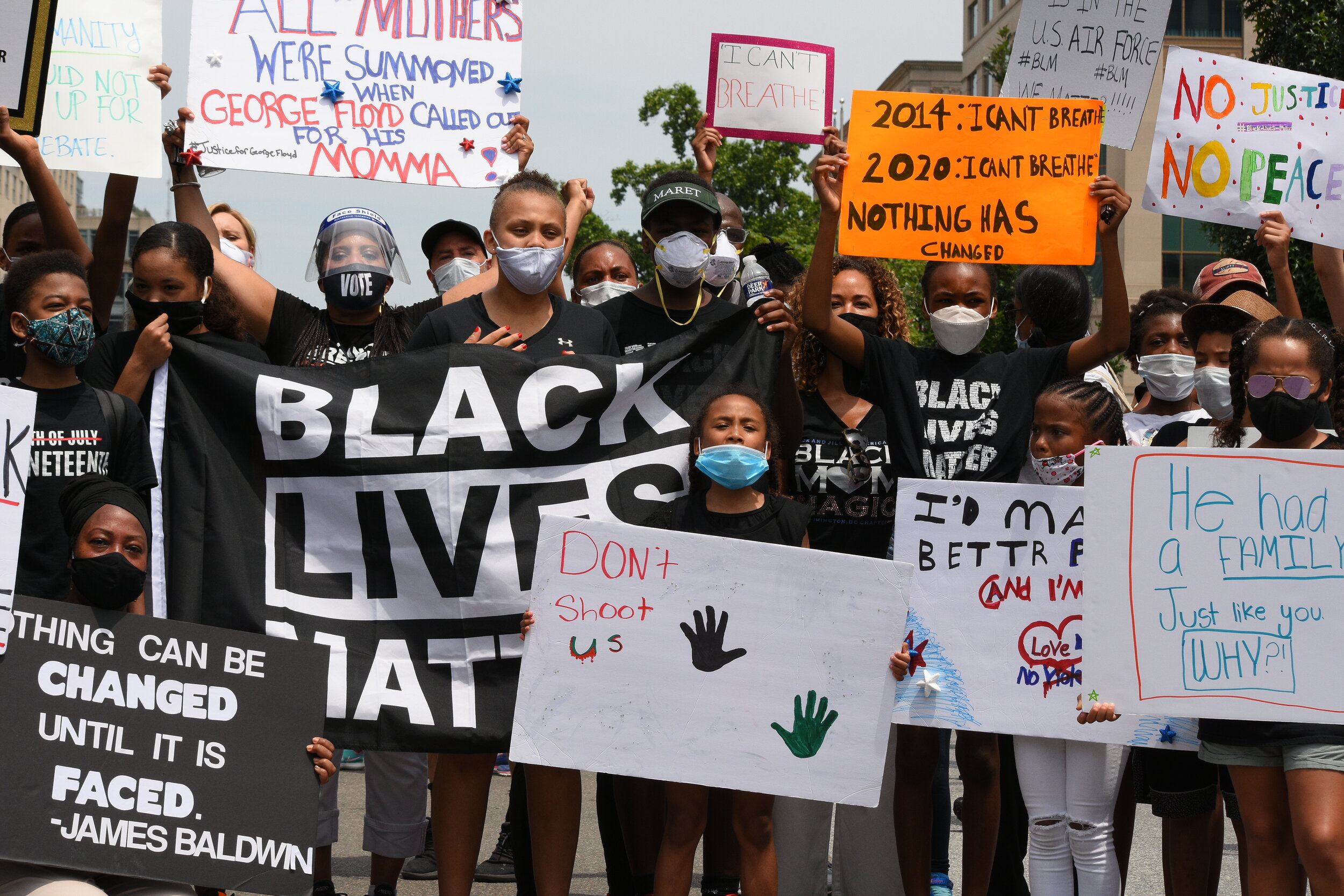Pat Miguel Tomaino
Director of Socially Responsible Investing
Download a PDF of this Impact Update
At Zevin Asset Management, we build responsible investment portfolios for our clients. We then address risks and create positive social impact by engaging with portfolio companies. In the third quarter of 2020, we continued challenging companies for accountability and positive change on environmental destruction and deforestation, labor standards, and racial justice.
Progress update: Deforestation in the supply chain
Deforestation is a major accelerator of climate change and a vexing challenge for companies with global food supply chains. As fires continue to rage around the world, it is important to remember that 70 percent of deforestation is linked to the production of agricultural commodities that end up in the food products we eat. Climate and anti-deforestation advocates are pressing food producers and food retailers to adopt tough, 100 percent no-deforestation policies that apply to their entire supply chains with specific goals for particularly problematic commodities: beef, wood and pulp, soy, and palm oil.
As we wrote in an Impact Brief last year, Costco is a major channel for each of those commodities, but the US retailer has yet to adopt no-deforestation goals for those supply chains. For instance, in its sustainability policies, Costco says that it prefers wood and paper products that carry the Forest Stewardship Council certification; however, a significant portion of the company’s own-brand paper products use a less ambitious standard.
In August, to spur action at Costco, we joined with other investors and co-filed a shareholder proposal urging the company to set clear, time-bound goals for achieving no-deforestation in each of its major supply chains. In a September meeting with Costco executives, we stressed that the company had taken good steps, but risks to Costco’s reputation were mounting and the time had come for accountable goals. Costco was also pressed to improve its policies. For instance, its corporate policy on “Environmental Impacts & Land Stewardship” contains a clear aspiration that fiber-based packaging sourcing “should not contribute to deforestation” but it makes no similar commitment with respect to the other major commodities referenced above.
Costco executives described many of the challenges they face in pressing their suppliers (in many cases, large overseas agricultural companies) into compliance with ambitious goals. That is valid, but our message to the company now and through the annual meeting in 2021 will be that meaningful change depends on both building capacity among suppliers and setting ambitious goals at the retailer level to keep everyone focused. We’ll keep you posted on progress.
Racial justice and corporate accountability
We also re-submitted our shareholder proposal challenging sustainability, executive compensation, and supply chain management at Apple. In the wake of the murder of George Floyd and the Black Lives Matter protests around the country, Apple joined many other large technology companies in announcing a financial commitment toward racial justice. CEO Tim Cook announced an initiative worth $100 million focused on establishing diverse supplier relationships and improving inclusion of Black and other underrepresented workers in Apple’s ranks, in addition to expanding talent pipelines with historically black colleges and universities (HBCUs). By early summer, PayPal, Apple, and Alphabet’s YouTube had committed a combined $730 million to various racial justice initiatives, and many advocates were justifiably asking how they would know that the money was being spent in solidarity with their aims. Accountability has been a watch word in comparing corporate responses to racial injustice.
In the announcement, Cook acknowledged the importance of accountability and ensuring that the burden of racial justice and inclusion does not fall on Black communities but instead rests with those in power. We are taking this opportunity to strengthen our call for Apple to link inclusion initiatives (and also progress on human rights on labor standards in the supply chain) to senior executive compensation awards each year. As we have written to you before, these commonsense reforms would advance accountability and progress on racial justice within Apple and the broader tech sector, and we’ll keep you up to date on progress.
Also in Q3, we wrote to Kroger, Home Depot, and Verizon, urging further accountability for how racial justice shows up in their payrolls. Each of these portfolio companies has a large front-line workforce, which they have called on as essential workers throughout 2020. However, it is not clear whether those companies have unaddressed race-based wage gaps during a pandemic that is disproportionately hitting America’s communities of color. Home Depot was fined in 2019 for gender pay gaps, and we are pushing each of these companies to conduct and disclose a comprehensive pay gap analysis on the basis of gender and race.
In other news:
We sent a joint investor letter urging the Securities and Exchange Commission (SEC) to require new company disclosure that would help us understand how companies are acting to protect workers, prevent the spread of the virus, and responsibly use any federal aid they receive in response to the COVID-19 pandemic.
In a negative development also at the SEC, in September the body narrowly voted to severely restrict the right of investors to file shareholder proposals. As you know, shareholder proposals are a key tool to press companies toward change on climate change, human rights, and racial justice. Conservative commissioners regrettably caved to short-term corporate interests and against shareholder rights. However, the changes will be phased in over 2 years, they are reversible under a new administration, and we will be able to plot our way forward using all the tools in our arsenal. Watch this space for policy updates.
We wrote to Colgate Palmolive and the drug maker AbbVie urging those companies to tie sustainability initiatives and key environmental and social metrics to executive compensation packages.
Thanks for reading and sharing. For more on this work and our broader advocacy, join us on our website, Twitter, and LinkedIn. And please don’t hesitate to contact Pat Miguel Tomaino (pat@zevin.com) with your questions, thoughts, and suggestions.



